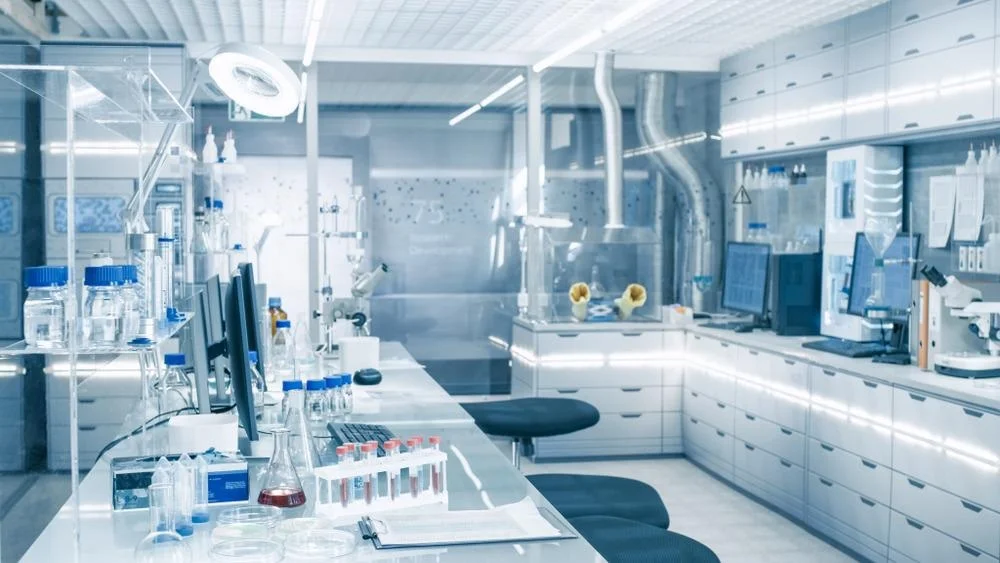Transformer Insulation Organic Compound Testing
The integrity of transformer insulation is critical to ensuring reliable and safe operation in power distribution systems. Transformer insulations are subjected to various stressors such as heat, moisture, aging, and electrical stresses which can lead to the generation of organic compounds, primarily aromatic hydrocarbons (phenols) and ketones. These compounds serve as important indicators for monitoring insulation degradation processes.
The Transformer Insulation Organic Compound Testing is designed specifically to analyze these compounds through a series of quantitative methods. This service ensures that the quality managers, compliance officers, R&D engineers, and procurement teams can make informed decisions regarding the condition of their transformers before failures occur. By detecting early signs of degradation, this testing helps prevent costly downtime, equipment replacement, and potential safety hazards.
Organic compounds in transformer insulation are analyzed using various analytical techniques such as Gas Chromatography-Mass Spectrometry (GC-MS). This method allows for the identification and quantification of numerous organic compounds present within the insulating oil or solid materials. The test also includes the following key components:
- Sample preparation involving degassing and filtration.
- Analytical methods such as GC-MS to ensure accuracy.
- Data analysis using standards like ISO, ASTM, and IEEE for comparability.
The results from this testing provide detailed insights into the condition of transformer insulation. The information is then used to evaluate the remaining service life of transformers, plan maintenance schedules, and determine appropriate replacement times. This proactive approach not only enhances operational efficiency but also contributes significantly to environmental sustainability by reducing waste and energy consumption.
| Organic Compound | Method | Application |
|---|---|---|
| Aromatic Hydrocarbons (Phenols) | GC-MS | Degradation Monitoring |
| Ketones | GC-MS | Prediction of Insulation Degradation |
Why Choose This Test
Selecting the Transformer Insulation Organic Compound Testing is essential for several reasons:
- Early Detection of Degradation: Detects signs of insulation aging before they become critical.
- Cost Savings: Prevents unplanned downtime and replacement costs by identifying potential issues early.
- Safety Assurance: Ensures the reliability and safety of transformers, reducing risks associated with equipment failure.
- Data-Driven Decisions: Provides quantitative data for informed decisions regarding maintenance schedules and lifecycle management.
The test is widely recognized in international standards such as IEEE C57.104, which recommends the use of organic compound analysis to monitor transformer insulation health.
Environmental and Sustainability Contributions
Transformer Insulation Organic Compound Testing plays a crucial role in enhancing environmental sustainability by promoting responsible asset management practices. By identifying early signs of degradation, this testing helps extend the service life of transformers, thereby reducing the need for frequent replacements. This extended lifespan translates into lower resource consumption, reduced waste generation, and decreased energy consumption during manufacturing processes.
The use of recycled materials in transformer production can also be optimized based on test results. By ensuring that only necessary components are replaced or upgraded, the overall environmental footprint is minimized. Moreover, this proactive approach supports compliance with international sustainability goals and regulations such as ISO 14001:2015.
In addition to operational efficiency, the testing also contributes to reducing greenhouse gas emissions by preventing transformers from operating in suboptimal conditions which could lead to increased energy losses during power transmission.
Use Cases and Application Examples
| Use Case/Application Example | Description |
|---|---|
| Preventive Maintenance Planning: | Determine the optimal time for maintenance based on degradation trends. |
| Risk Management: | Evaluate risks associated with insulation failures and take preventive measures. |
| Performance Optimization: | Analyze data to identify areas for improving transformer performance. |
The testing is particularly beneficial in large industrial facilities, power distribution networks, and substations where transformers are critical components. It helps ensure that these systems operate at peak efficiency while minimizing environmental impact.





